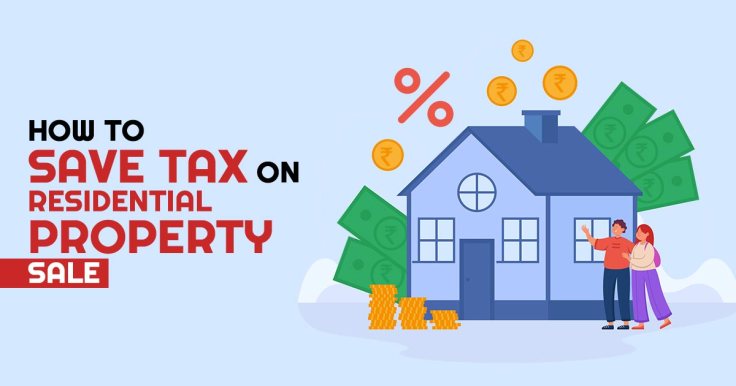
In addition to the amount of money involved in buying and selling a house, the market price and your personal preference also play a role. Buying and selling houses take time, as does getting a proper buyer to purchase one. In addition to waiting for a suitable buyer, you need to wait to save taxes on capital gains if any.
In other words, if you sell your house property within two years of its purchase, any capital gain will be added to your taxable income as a short-term capital gain. In contrast, the gains from the sale of a house after the date of purchase are treated as long-term capital gains (LTCG) and are taxed at 20 per cent after indexation.
Capital gains occur when the value of a property increases. Taxes on short-term gains from the sale of property are determined by the regular income tax slab rates. Gains from the sale of a capital asset held under 24 months are classified as short-term capital gains.
LTCG, however, is taxed at 20% after indexation if you keep the property for more than 24 months. An indexation decreases the seller’s capital gains by changing the purchase price with inflation. LTCG has other benefits as well. LTCG exemptions are known for sellers, but STCG exemptions are not.
Read Also: Tax Benefit on Home Loan Interest & Principle F.Y. 2021-22 (A.Y. 2022-23)
The capital expenditures made for additions and or alterations to the house can also be accounted for when calculating STCG, as with LTCG. Capital gains may also be calculated by deducting expenditures made solely for the transfer of property.
Leave a comment